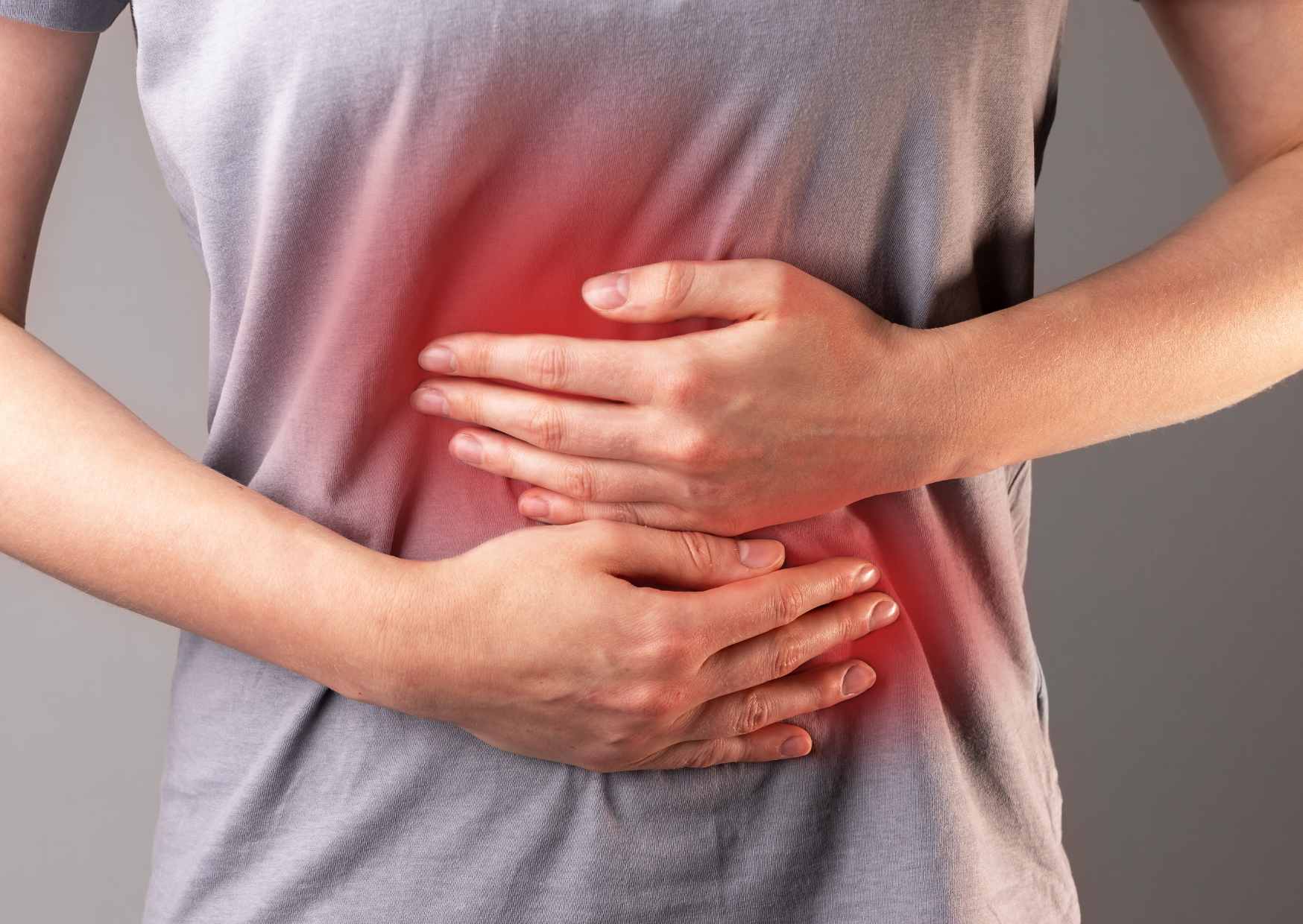Frequent Stomachache: A Potential Alert for Stomach Cancer

Experiencing frequent stomachaches can be more than just a minor inconvenience. While many people might dismiss these pains as a result of indigestion or stress, persistent stomachaches could be an early warning sign of stomach cancer, also known as gastric cancer. Understanding the symptoms and seeking timely medical advice can be crucial for early detection and treatment.
Understanding Stomach Cancer
Stomach cancer occurs when malignant cells form in the lining of the stomach. This type of cancer can develop slowly over many years and often goes unnoticed in its early stages. By the time symptoms become apparent, the cancer may have already advanced, making treatment more challenging.
Common Symptoms of Stomach Cancer
Stomach cancer can present itself in various ways. Some of the common symptoms include:
- Persistent stomach pain or discomfort
- Feeling bloated after eating
- Feeling full after eating small amounts of food
- Unexplained weight loss
- Nausea and vomiting
- Difficulty swallowing
- Heartburn or indigestion
- Fatigue
It’s important to note that these symptoms can also be associated with less serious conditions, such as gastroesophageal reflux disease (GERD) or peptic ulcers. However, if these symptoms persist, it is essential to consult a healthcare provider for a thorough evaluation.
The Link Between Frequent Stomachaches and Stomach Cancer
Frequent stomachaches can sometimes be an early indicator of stomach cancer. This is because the cancerous cells in the stomach lining can cause inflammation and irritation, leading to persistent pain. Additionally, as the tumor grows, it can obstruct the normal functioning of the stomach, resulting in discomfort and other digestive issues.
When to Seek Medical Advice
If you experience frequent stomachaches along with any of the other symptoms mentioned, it is crucial to seek medical advice. Early detection of stomach cancer can significantly improve the chances of successful treatment. Your healthcare provider may recommend diagnostic tests such as endoscopy, biopsy, or imaging studies to determine the cause of your symptoms.
Preventive Measures and Risk Factors
While the exact cause of stomach cancer is not always clear, certain factors can increase the risk. These include:
- Infection with Helicobacter pylori (H. pylori) bacteria
- Long-term inflammation of the stomach
- Smoking
- A diet high in salty and smoked foods
- Family history of stomach cancer
Frequent stomachaches should not be ignored, especially if they are accompanied by other symptoms of stomach cancer. Early detection and timely medical intervention can make a significant difference in the prognosis and treatment outcomes. If you have concerns about persistent stomach pain, consult your healthcare provider to rule out any serious conditions and ensure your peace of mind.



